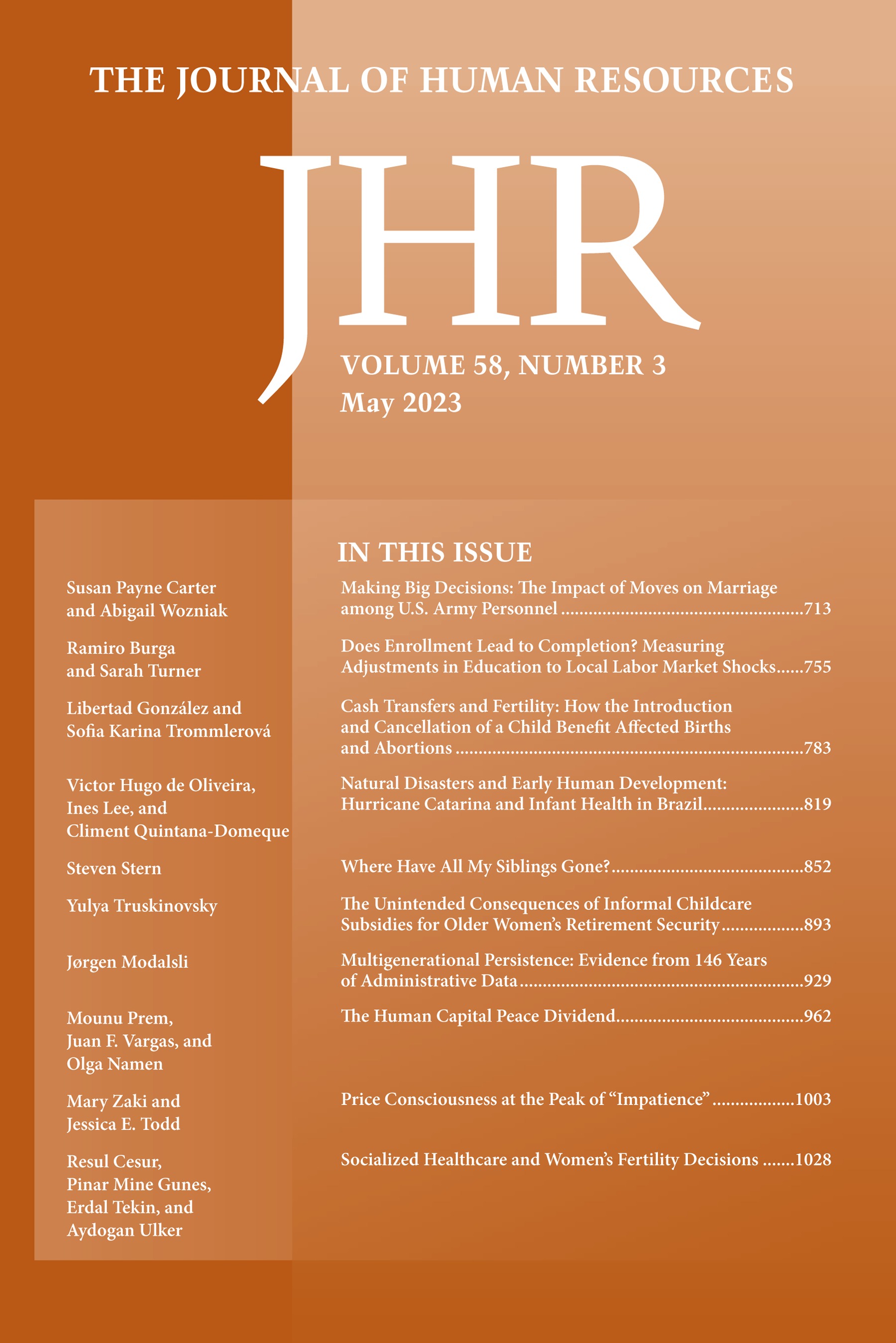 Philip Oreopoulos, Richard W. Patterson, Uros Petronijevic, Nolan Pope, "Low-Touch Attempts to Improve Time Management among Traditional and Online College Students", Journal of Human Resources 57 (1) (2022), 1–43.
Philip Oreopoulos, Richard W. Patterson, Uros Petronijevic, Nolan Pope, "Low-Touch Attempts to Improve Time Management among Traditional and Online College Students", Journal of Human Resources 57 (1) (2022), 1–43.
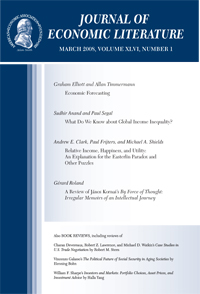 Philip Oreopoulos, "What limits college success? A review and further analysis of Holzer and Baum’s ‘Making College Work’", Journal of Economic Literature 59 (2021), 546–573.
Philip Oreopoulos, "What limits college success? A review and further analysis of Holzer and Baum’s ‘Making College Work’", Journal of Economic Literature 59 (2021), 546–573.
 Maya Escueta, Vincent Quan, Andre J. Nickow, Philip Oreopoulos, "Upgrading Education with Technology: Insights from Experimental Research", Journal of Economic Literature 58 (4) (2020), 897–996.
Maya Escueta, Vincent Quan, Andre J. Nickow, Philip Oreopoulos, "Upgrading Education with Technology: Insights from Experimental Research", Journal of Economic Literature 58 (4) (2020), 897–996.
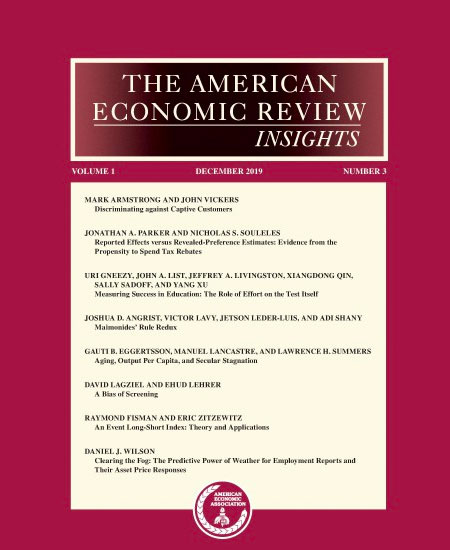 Adam Lavecchia, Philip Oreopoulos, Robert S. Brown, "Long-run benefits from comprehensive student support programs: Evidence from Pathways to Education", American Economic Review: Insights 2 (2) (2020), 209–224.
Adam Lavecchia, Philip Oreopoulos, Robert S. Brown, "Long-run benefits from comprehensive student support programs: Evidence from Pathways to Education", American Economic Review: Insights 2 (2) (2020), 209–224.
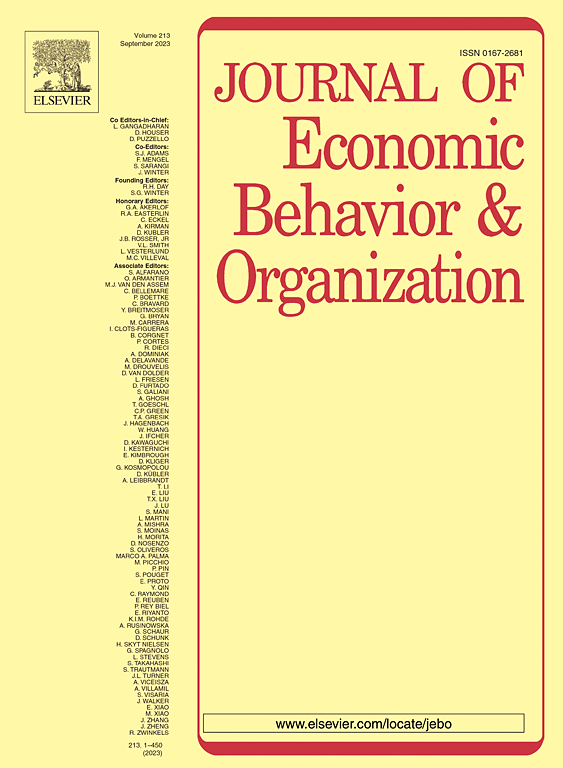 Philip Oreopoulos, Uros Petronijevic, Christine Logel, Graham Beattie, "Improving non-academic student outcomes using online and text-message coaching", Journal of Economic Behavior & Organization 171 (C) (2020), 342–360.
Philip Oreopoulos, Uros Petronijevic, Christine Logel, Graham Beattie, "Improving non-academic student outcomes using online and text-message coaching", Journal of Economic Behavior & Organization 171 (C) (2020), 342–360.
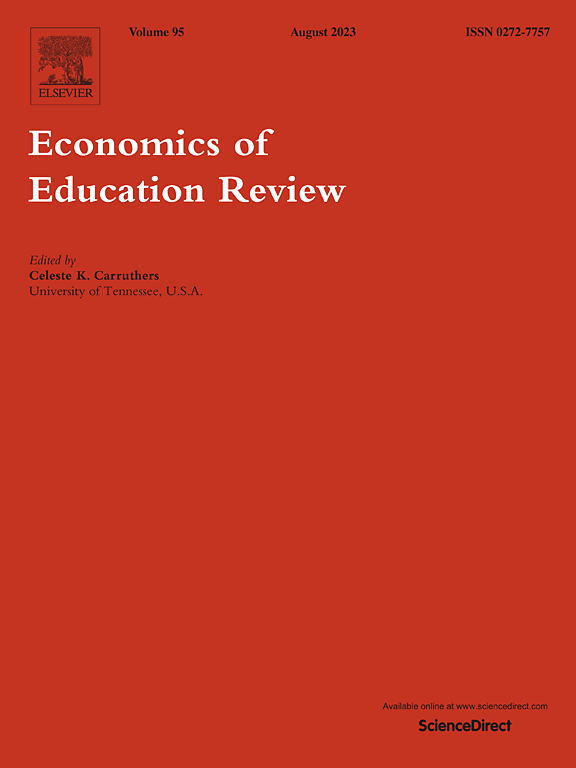 Graham Beattie, Jean-William Laliberte, Catherine Michaud-Leclerc, Philip Oreopoulos, "Thrivers and divers: Using non-academic measures to predict college success and failure", Economics of Education Review 62 (2019), 170–182.
Graham Beattie, Jean-William Laliberte, Catherine Michaud-Leclerc, Philip Oreopoulos, "Thrivers and divers: Using non-academic measures to predict college success and failure", Economics of Education Review 62 (2019), 170–182.
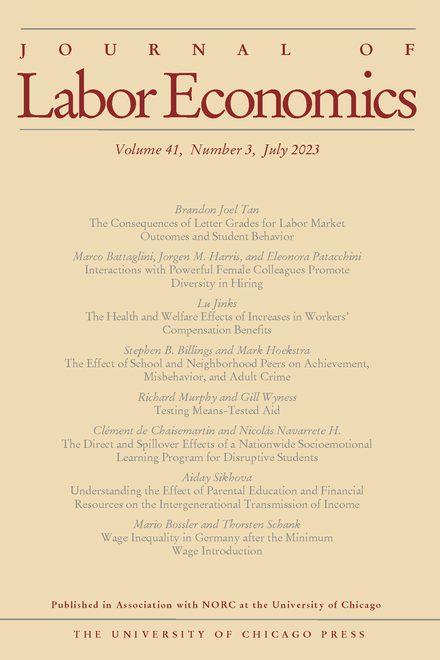 David Card and Philip Oreopoulos, "Introduction: Labor markets and public policies in the United States and Canada", Journal of Labor Economics 37 (S2) (2019), S243–S252.
David Card and Philip Oreopoulos, "Introduction: Labor markets and public policies in the United States and Canada", Journal of Labor Economics 37 (S2) (2019), S243–S252.
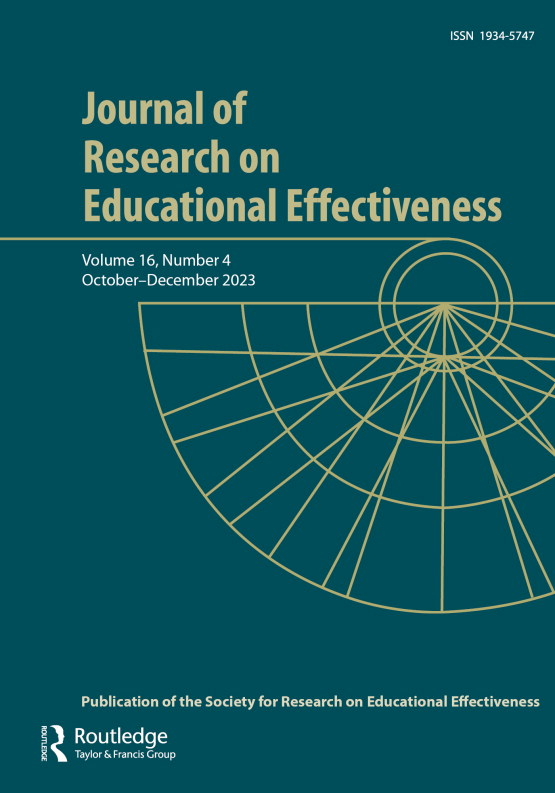 Christopher R. Dobronyi, Philip Oreopoulos, Uros Petronijevic, "Goal Setting, Academic Reminders, and College Success: A Large-Scale Field Experiment", Journal of Research on Educational Effectiveness 12 (1) (2019), 38–66.
Christopher R. Dobronyi, Philip Oreopoulos, Uros Petronijevic, "Goal Setting, Academic Reminders, and College Success: A Large-Scale Field Experiment", Journal of Research on Educational Effectiveness 12 (1) (2019), 38–66.
 Ariel Kalil, Susan Mayer, Philip Oreopoulos, Sebastian Gallegos, "Using Behavioral Insights To Increase Parental Engagement: The Parents and Children Together (PACT) Intervention", Journal of Human Resources 54 (4) (2019), 900–925.
Ariel Kalil, Susan Mayer, Philip Oreopoulos, Sebastian Gallegos, "Using Behavioral Insights To Increase Parental Engagement: The Parents and Children Together (PACT) Intervention", Journal of Human Resources 54 (4) (2019), 900–925.
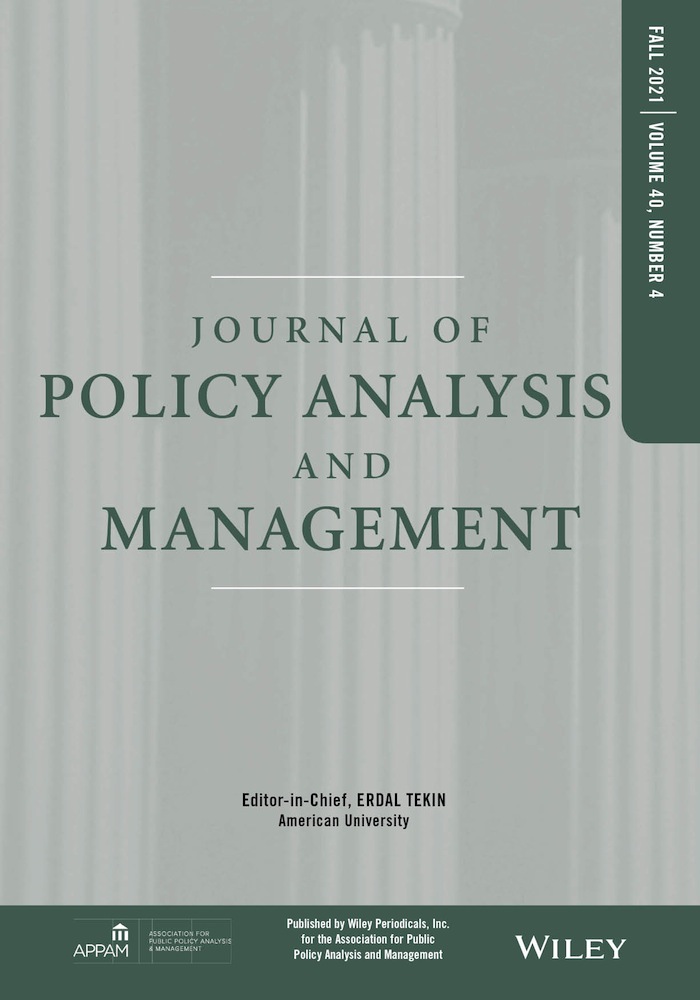 Philip Oreopoulos and Reuben Ford, "Keeping College Options Open: A Field Experiment to Help All High School Seniors Through the College Application Process", Journal of Policy Analysis and Management 38 (2) (2019), 299–329.
Philip Oreopoulos and Reuben Ford, "Keeping College Options Open: A Field Experiment to Help All High School Seniors Through the College Application Process", Journal of Policy Analysis and Management 38 (2) (2019), 299–329.
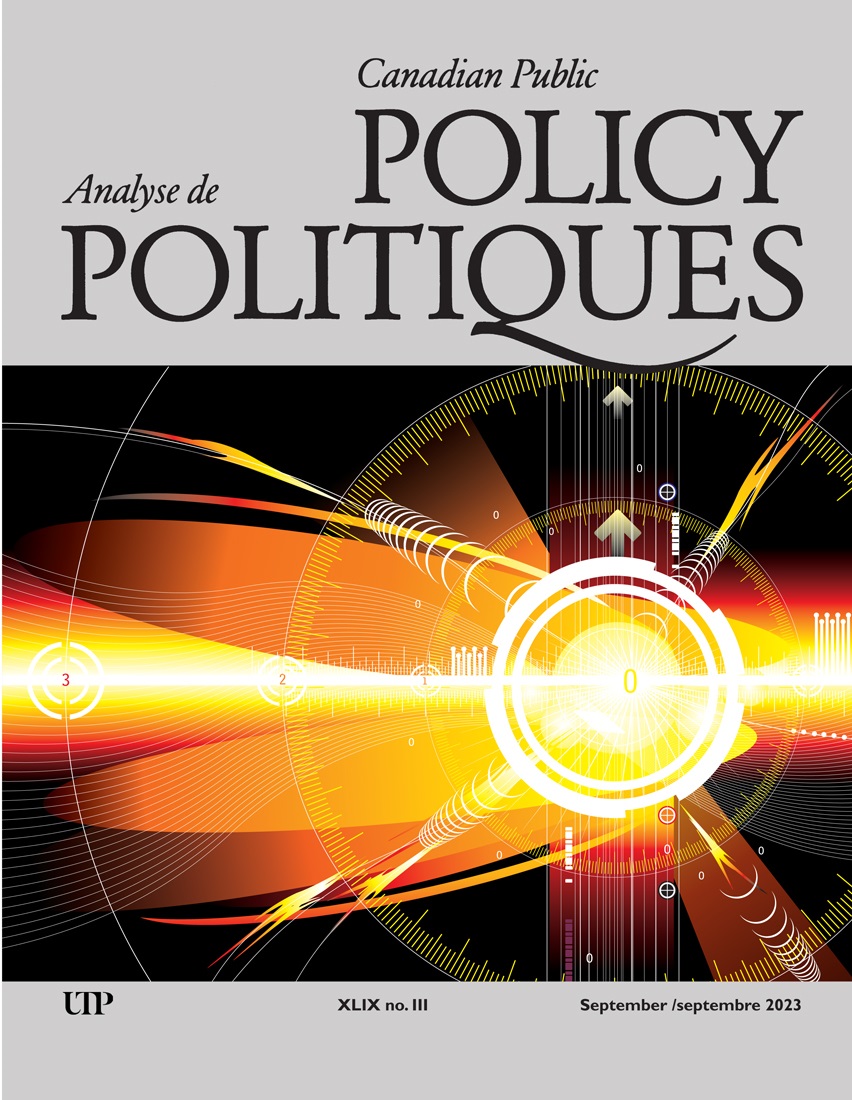 Rupa Banerjee, Jeffrey G. Reitz, Philip Oreopoulos, "Do Large Employers Treat Racial Minorities More Fairly? A New Analysis of Canadian Field Experiment Data", Canadian Public Policy 44 (1) (2018), 1–12.
Rupa Banerjee, Jeffrey G. Reitz, Philip Oreopoulos, "Do Large Employers Treat Racial Minorities More Fairly? A New Analysis of Canadian Field Experiment Data", Canadian Public Policy 44 (1) (2018), 1–12.
 Graham Beattie, Jean-William Laliberte, Philip Oreopoulos, "Thrivers and divers: Using non-academic measures to predict college success and failure", Economics of Education Review 62 (2018), 170–182.
Graham Beattie, Jean-William Laliberte, Philip Oreopoulos, "Thrivers and divers: Using non-academic measures to predict college success and failure", Economics of Education Review 62 (2018), 170–182.
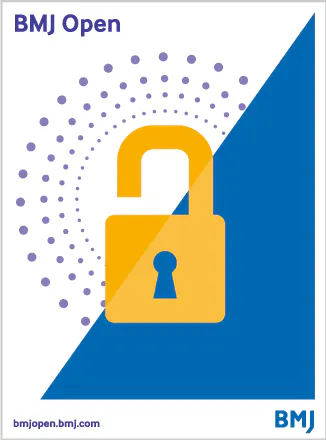 Daniel Kim, Brandon Zagorski, Richard Glazier, Ichiro Kawachi, Philip Oreopoulos, "Neighborhood Socioeconomic Position and Risks of Major Chronic Diseases and All-Cause Mortality", British Medical Journal Open 8 (5) (2018), e018793–..
Daniel Kim, Brandon Zagorski, Richard Glazier, Ichiro Kawachi, Philip Oreopoulos, "Neighborhood Socioeconomic Position and Risks of Major Chronic Diseases and All-Cause Mortality", British Medical Journal Open 8 (5) (2018), e018793–..
 Philip Oreopoulos and Uros Petronijevic, "Student Coaching: How Far Can Technology Go?", Journal of Human Resources 53 (2) (2018), 299–329.
Philip Oreopoulos and Uros Petronijevic, "Student Coaching: How Far Can Technology Go?", Journal of Human Resources 53 (2) (2018), 299–329.
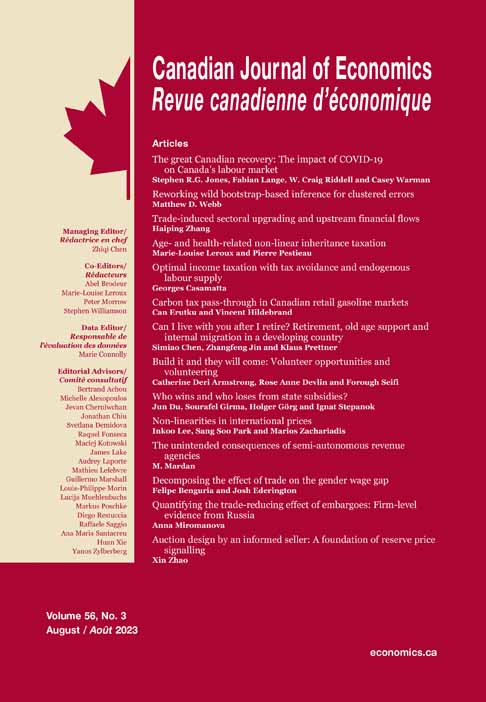 Robert French and Philip Oreopoulos, "Applying Behavioral Economics to Public Policy in Canada", Canadian Journal of Economics 50 (3) (2017), 599–635.
Robert French and Philip Oreopoulos, "Applying Behavioral Economics to Public Policy in Canada", Canadian Journal of Economics 50 (3) (2017), 599–635.
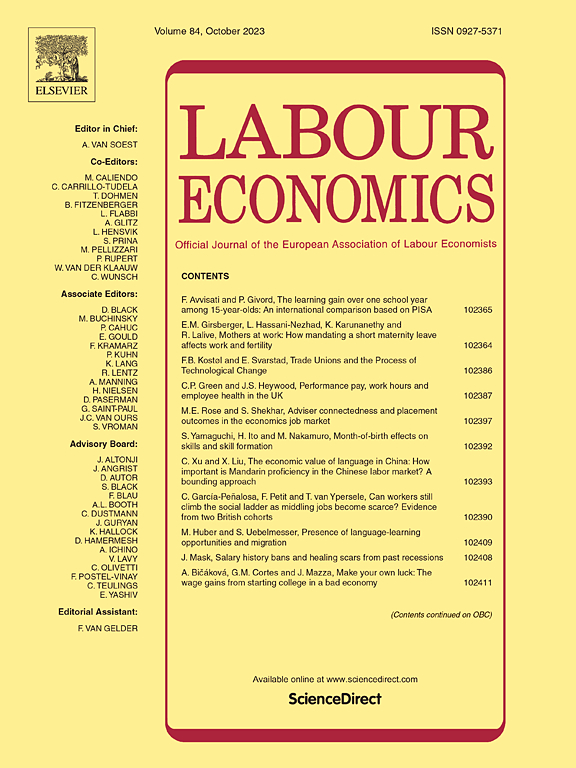 Robert French and Philip Oreopoulos, "Behavioral Barriers Transitioning to College", Labour Economics 47 (2017), 48–63.
Robert French and Philip Oreopoulos, "Behavioral Barriers Transitioning to College", Labour Economics 47 (2017), 48–63.
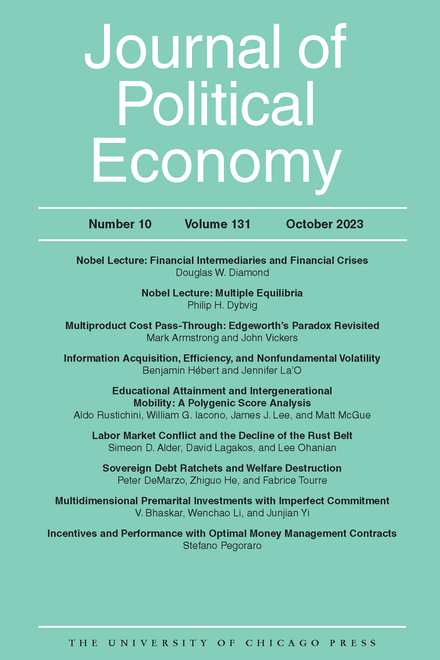 Philip Oreopoulos, Robert S. Brown, Adam Lavecchia, "Pathways to Education: An Integrated Approach to Helping At-Risk High School Students", Journal of Political Economy 125 (4) (2017), 947–984.
Philip Oreopoulos, Robert S. Brown, Adam Lavecchia, "Pathways to Education: An Integrated Approach to Helping At-Risk High School Students", Journal of Political Economy 125 (4) (2017), 947–984.
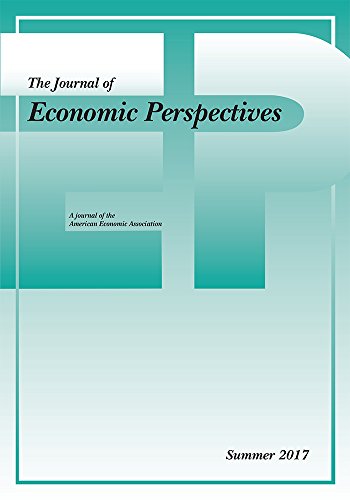 Julia Chabrier, Sarah Cohodes, Philip Oreopoulos, "What Can We Learn from Charter School Lotteries?", Journal of Economic Perspectives 30 (3) (2016), 57–84. (Freely available.)
Julia Chabrier, Sarah Cohodes, Philip Oreopoulos, "What Can We Learn from Charter School Lotteries?", Journal of Economic Perspectives 30 (3) (2016), 57–84. (Freely available.)
 Adam Lavecchia, Heidi Liu, Philip Oreopoulos, "Behavioral Economics of Education: Progress and Possibilities", in Handbook of Economics of Education (edited by Eric A. Hanushek, Stephen J. Machin, Ludger Woessmann), North Holland Press, 2016, 1–74.
Adam Lavecchia, Heidi Liu, Philip Oreopoulos, "Behavioral Economics of Education: Progress and Possibilities", in Handbook of Economics of Education (edited by Eric A. Hanushek, Stephen J. Machin, Ludger Woessmann), North Holland Press, 2016, 1–74.
 Nicole Fortin, Philip Oreopoulos, Shelley Phipps, "Leaving Boys Behind: Gender Disparities in Academic Achievement", Journal of Human Resources 50 (3) (2015), 549–579.
Nicole Fortin, Philip Oreopoulos, Shelley Phipps, "Leaving Boys Behind: Gender Disparities in Academic Achievement", Journal of Human Resources 50 (3) (2015), 549–579.
 Joshua Angrist, Philip Oreopoulos, Tyler Williams, "When opportunity knocks, who answers? New evidence on college achievement awards", Journal of Human Resources 49 (3) (2014), 572–610.
Joshua Angrist, Philip Oreopoulos, Tyler Williams, "When opportunity knocks, who answers? New evidence on college achievement awards", Journal of Human Resources 49 (3) (2014), 572–610.
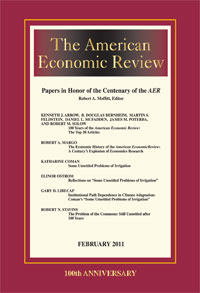 Robert W. Fairlie, Florian Hoffmann, Philip Oreopoulos, "A community college instructor like me: Race and ethnicity interactions in the classroom", American Economic Review 104 (8) (2014), 2567–2591.
Robert W. Fairlie, Florian Hoffmann, Philip Oreopoulos, "A community college instructor like me: Race and ethnicity interactions in the classroom", American Economic Review 104 (8) (2014), 2567–2591.
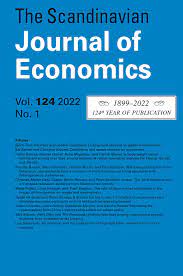 Philip Oreopoulos and Ryan Dunn, "Information and College Access: Evidence from a Randomized Field Experiment", Scandinavian Journal of Economics 115 (1) (2013), 3–26.
Philip Oreopoulos and Ryan Dunn, "Information and College Access: Evidence from a Randomized Field Experiment", Scandinavian Journal of Economics 115 (1) (2013), 3–26.
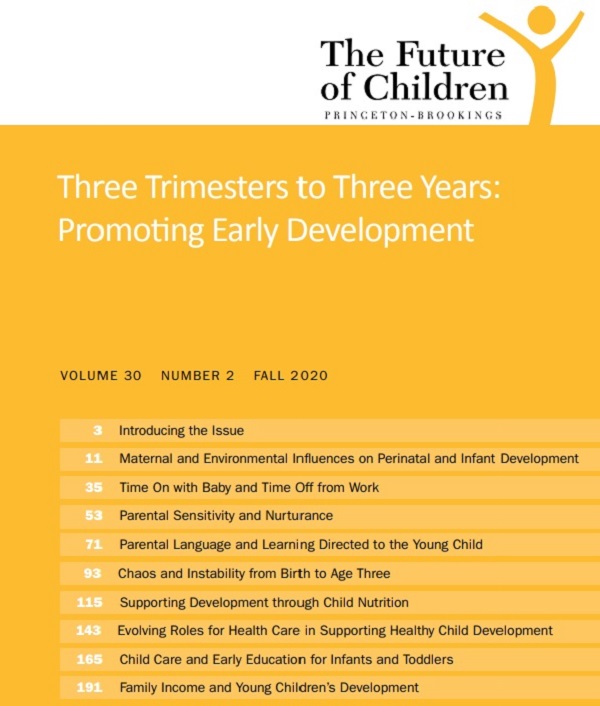 Philip Oreopoulos and Uros Petronijevic, "Who Benefits from College? A Review of Research on the Returns to Higher Education", Future of Children 23 (1) (2013), 41–65.
Philip Oreopoulos and Uros Petronijevic, "Who Benefits from College? A Review of Research on the Returns to Higher Education", Future of Children 23 (1) (2013), 41–65.
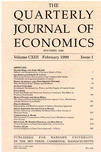 Eric Bettinger, Bridget Long, Philip Oreopoulos, Lisa Sanbonmatsu, "Helping Complete College Financial Aid Applications: Evidence from a Randomized Trial with H&R Block", Quarterly Journal of Economics 127 (3) (2012), 1205–1242.
Eric Bettinger, Bridget Long, Philip Oreopoulos, Lisa Sanbonmatsu, "Helping Complete College Financial Aid Applications: Evidence from a Randomized Trial with H&R Block", Quarterly Journal of Economics 127 (3) (2012), 1205–1242.
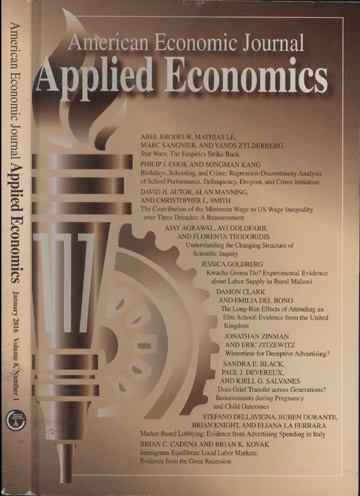 Philip Oreopoulos, Till Von Wachter, Andrew Heisz, "The Short- and Long-Term Career Effects of Graduating in a Recession", American Economic Journal: Applied Economics 4 (2012), 1–29. (Freely available.)
Philip Oreopoulos, Till Von Wachter, Andrew Heisz, "The Short- and Long-Term Career Effects of Graduating in a Recession", American Economic Journal: Applied Economics 4 (2012), 1–29. (Freely available.)
 Toni Mora and Philip Oreopoulos, "Peer effects on high school aspirations: Evidence from a sample of close and not-so-close friends", Economics of Education Review 30 (2011), 575–581.
Toni Mora and Philip Oreopoulos, "Peer effects on high school aspirations: Evidence from a sample of close and not-so-close friends", Economics of Education Review 30 (2011), 575–581.
 Philip Oreopoulos, "Why Do Skilled Immigrants Struggle in the Labor Market? A Field Experiment with Thirteen Thousand Résumés", American Economic Journal: Public Policy 3 (2011), 148–171.
Philip Oreopoulos, "Why Do Skilled Immigrants Struggle in the Labor Market? A Field Experiment with Thirteen Thousand Résumés", American Economic Journal: Public Policy 3 (2011), 148–171.
 Philip Oreopoulos and Kjell Salvanes, "Priceless: The Nonpecuniary Benefits of Schooling", Journal of Economic Perspectives 25 (1) (2011), 159–184.
Philip Oreopoulos and Kjell Salvanes, "Priceless: The Nonpecuniary Benefits of Schooling", Journal of Economic Perspectives 25 (1) (2011), 159–184.
 Morley K. Gunderson and Philip Oreopoulos, "Returns to Education in Developed Countries", in International Encyclopedia in Education Third Edition (edited by E. Barker, M. McGaw and P. Peterson), Elsevier Publishers, 2010, 37–43.
Morley K. Gunderson and Philip Oreopoulos, "Returns to Education in Developed Countries", in International Encyclopedia in Education Third Edition (edited by E. Barker, M. McGaw and P. Peterson), Elsevier Publishers, 2010, 37–43.
 Jason Lindo, Nick Sanders, Philip Oreopoulos, "Ability, Gender, and Performance Standards: Evidence from Academic Probation", American Economic Journal: Applied Economics 2 (2) (2010), 95–117.
Jason Lindo, Nick Sanders, Philip Oreopoulos, "Ability, Gender, and Performance Standards: Evidence from Academic Probation", American Economic Journal: Applied Economics 2 (2) (2010), 95–117.
 Florian Hoffmann and Philip Oreopoulos, "A Professor Like Me: The Influence of Instructor Gender on University Achievement", Journal of Human Resources 44 (2) (2009), 479–494.
Florian Hoffmann and Philip Oreopoulos, "A Professor Like Me: The Influence of Instructor Gender on University Achievement", Journal of Human Resources 44 (2) (2009), 479–494.
 Florian Hoffmann and Philip Oreopoulos, "Professor Qualities and Student Achievement", Review of Economic and Statistics 91 (1) (2009), 83–92.
Florian Hoffmann and Philip Oreopoulos, "Professor Qualities and Student Achievement", Review of Economic and Statistics 91 (1) (2009), 83–92.
 Philip Oreopoulos, "Would More Compulsory Schooling Help Disadvantaged Youth? Evidence from Recent Changes to School Leaving Laws", in The Problems of Disadvantaged Youth: An Economic Perspective (edited by Jonathan Gruber), University of Chicago Press, 2009, 85–114.
Philip Oreopoulos, "Would More Compulsory Schooling Help Disadvantaged Youth? Evidence from Recent Changes to School Leaving Laws", in The Problems of Disadvantaged Youth: An Economic Perspective (edited by Jonathan Gruber), University of Chicago Press, 2009, 85–114.
 Philip Oreopoulos, Joshua Angrist, Daniel Lang, "Incentives and Services for College Achievement: Evidence from a Randomized Trial", American Economic Journal: Applied Economics 1 (1) (2009), 136–163.
Philip Oreopoulos, Joshua Angrist, Daniel Lang, "Incentives and Services for College Achievement: Evidence from a Randomized Trial", American Economic Journal: Applied Economics 1 (1) (2009), 136–163.
 Philip Oreopoulos, "Neighbourhood Effects in Canada: A Critique", Canadian Public Policy 34 (2) (2008), 237–258.
Philip Oreopoulos, "Neighbourhood Effects in Canada: A Critique", Canadian Public Policy 34 (2) (2008), 237–258.
 Philip Oreopoulos, Marianne Page, Ann Stevens, "The Intergenerational Effects of Worker Displacement", Journal of Labor Economics 26 (3) (2008), 455–484.
Philip Oreopoulos, Marianne Page, Ann Stevens, "The Intergenerational Effects of Worker Displacement", Journal of Labor Economics 26 (3) (2008), 455–484.
 Philip Oreopoulos, Mark Stabile, Randy Walld, Leslie Roos, "Short, Medium, and Long Term Consequences of Poor Infant Health: An Analysis using Siblings and Twins", Journal of Human Resources 43 (1) (2008), 88–138.
Philip Oreopoulos, Mark Stabile, Randy Walld, Leslie Roos, "Short, Medium, and Long Term Consequences of Poor Infant Health: An Analysis using Siblings and Twins", Journal of Human Resources 43 (1) (2008), 88–138.
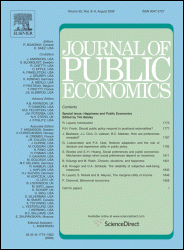 Philip Oreopoulos, "Do Dropouts Drop Out Too Soon? Wealth, Health, and Happiness from Compulsory Schooling", Journal of Public Economics 91 (2007), 2213–2229.
Philip Oreopoulos, "Do Dropouts Drop Out Too Soon? Wealth, Health, and Happiness from Compulsory Schooling", Journal of Public Economics 91 (2007), 2213–2229.
 Philip Oreopoulos, "Average Treatment Effects of Education when Compulsory School Laws Really Matter", American Economic Review 96 (1) (2006), 152–175.
Philip Oreopoulos, "Average Treatment Effects of Education when Compulsory School Laws Really Matter", American Economic Review 96 (1) (2006), 152–175.
 Philip Oreopoulos, "The Compelling Effects of Compulsory Schooling: Evidence from Canada", Canadian Journal of Economics 39 (1) (2006), 22–52.
Philip Oreopoulos, "The Compelling Effects of Compulsory Schooling: Evidence from Canada", Canadian Journal of Economics 39 (1) (2006), 22–52.
 Philip Oreopoulos, Marianne Page, Ann Stevens, "The Intergenerational Effects of Compulsory Schooling", Journal of Labor Economics 24 (4) (2006), 729–760.
Philip Oreopoulos, Marianne Page, Ann Stevens, "The Intergenerational Effects of Compulsory Schooling", Journal of Labor Economics 24 (4) (2006), 729–760.
 Kevin Milligan, Enrico Moretti, Philip Oreopoulos, "Does Education Improve Citizenship: Evidence from the U.S. and the U.K.", Journal of Public Economics 88 (9-10) (2005), 1667–1695.
Kevin Milligan, Enrico Moretti, Philip Oreopoulos, "Does Education Improve Citizenship: Evidence from the U.S. and the U.K.", Journal of Public Economics 88 (9-10) (2005), 1667–1695.
 Philip Oreopoulos, "The Long Run Consequences of Growing Up in a Poor Neighborhood", Quarterly Journal of Economics 118 (4) (2003), 1533–1575.
Philip Oreopoulos, "The Long Run Consequences of Growing Up in a Poor Neighborhood", Quarterly Journal of Economics 118 (4) (2003), 1533–1575.
 Alan Auerbach and Philip Oreopoulos, "The Fiscal Impact of U.S. Immigration: A Generational Accounting Perspective", Tax Policy and the Economy 14 (2000), 123–156.
Alan Auerbach and Philip Oreopoulos, "The Fiscal Impact of U.S. Immigration: A Generational Accounting Perspective", Tax Policy and the Economy 14 (2000), 123–156.
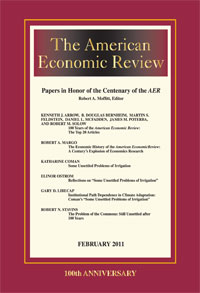 Alan Auerbach and Philip Oreopoulos, "Analyzing the Fiscal Impact of U.S. Immigration", American Economic Review, Papers and Proceedings 89 (2) (1999), 176–180.
Alan Auerbach and Philip Oreopoulos, "Analyzing the Fiscal Impact of U.S. Immigration", American Economic Review, Papers and Proceedings 89 (2) (1999), 176–180.
 Philip Oreopoulos, "Canada: On the Road to Fiscal Balance", in Generational Accounting Around the World (edited by Alan J. Auerbach, Laurence J. Kotlikoff and Willi Leibfritz), University of Chicago Press, 1999, 199–217.
Philip Oreopoulos, "Canada: On the Road to Fiscal Balance", in Generational Accounting Around the World (edited by Alan J. Auerbach, Laurence J. Kotlikoff and Willi Leibfritz), University of Chicago Press, 1999, 199–217.
 Philip Oreopoulos and Francois Vaillancourt, "Applying the Generational Accounting Approach to Canada: Findings and Fallacies", in Government Finances and Generational Equity (edited by Miles Corak), Statistics Canada, 1998, 7–20.
Philip Oreopoulos and Francois Vaillancourt, "Applying the Generational Accounting Approach to Canada: Findings and Fallacies", in Government Finances and Generational Equity (edited by Miles Corak), Statistics Canada, 1998, 7–20.